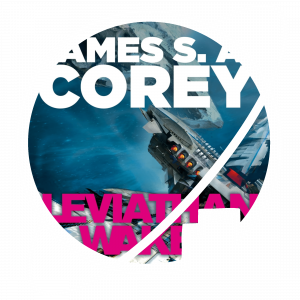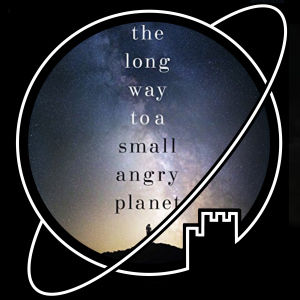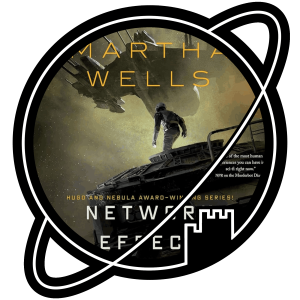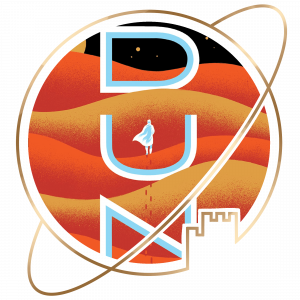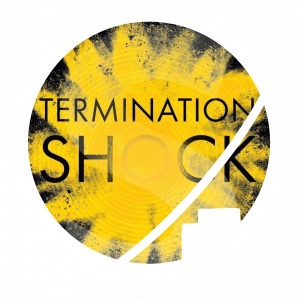- Novel written by Iain M. Banks
- Published in 23 April 1987
- Part 1 of the Culture series


I decided to read Consider Phlebas because I have read a couple of later Culture-novels by Banks when I was in university and I think the Culture is a fascinating construct that raises all sorts of interesting questions: what do humans do in a post-scarcity society? Is it bad to be lorded over by machines if they give you Utopia? etc.
I had a vague idea that Consider Phlebas observes the Culture from the outside, and I figured that that the first instalment in the series would give us plenty of background information to help set the scene.
Unfortunately, even though Consider Phlebas has a couple of interesting peeks into the Culture, it is not really about hat society; it appears that Banks developed his ideas on the Culture throughout the series. In this first instalment, the Culture is in the hazy background instead of in focus.
Consider Phlebas is instead ‘just’ an adventure novel that earns its sci-fi chops mostly due to the potential of those interesting but half-formed ideas.
As an adventure novel, Consider Phlebas is decent but unremarkable. It took me a good while to finish Consider Phlebas, mostly because I checked out of the story a couple of times – I don’t think the rather traditional search for the McGuffin is particularly engaging.
Horza, the protagonist, goes through a series of almost episodic ordeals on his hunt for the Mind that aren’t exactly uninteresting (though one is rather gory) but that add little more than imaginative flourishes and length to the novel. The final episode ends up being rather convoluted in its detail (and, given the scale of the universe Banks created, perhaps somewhat pedestrian).
I think Consider Phlebas is saved by the easy flow of Banks’ prose and his pacing. The above description might make it appear as if the novel is boring or poorly paced; I wouldn’t say that – there is always action and there is always a clear intermediate goal Horza is working toward next.
Banks takes you with him very naturally and I think the book’s climax is a masterclass on describing quickly moving events from multiple points of view (I think there are a couple of minutes that take up 50 pages without the tension snapping).
It is mostly when taking a step back that Consider Phlebas doesn’t appear to be offering a lot. If you put it down in between episodes, there is very little to get you back in. The little tidbits of background in the appendices (which are more like and epilogue) are perhaps some of the strongest writing in the entire novel and they show that Banks’ imagination and easy prose, when coupled with a more ambitious plot, have the potential to be much more memorable than this first Culture-novel ends up being.
It pains me to rate Consider Phlebas as low as 2.5 stars, but the truth is that it I really had to put my mind to it to get through it. Perhaps I should re-read those other Culture novels and see why they stuck with me over all these years.






